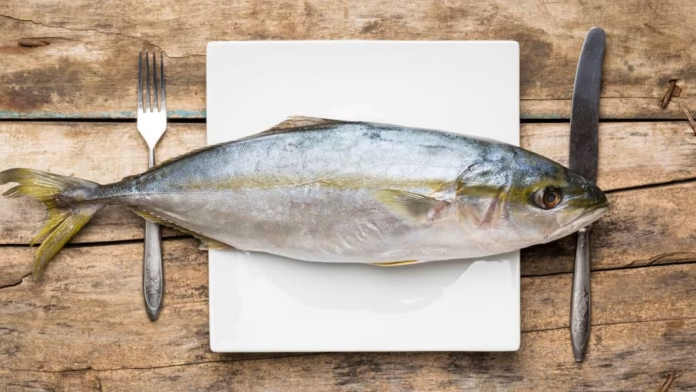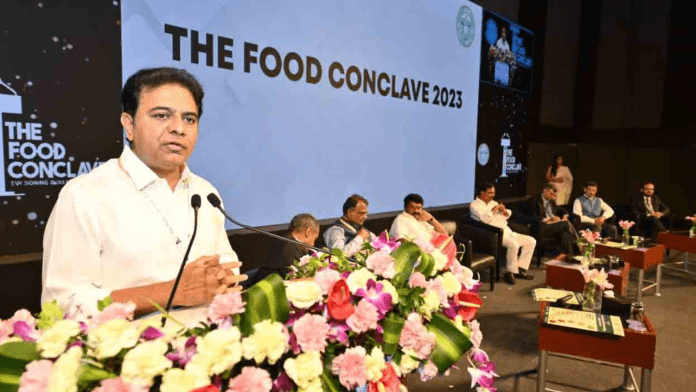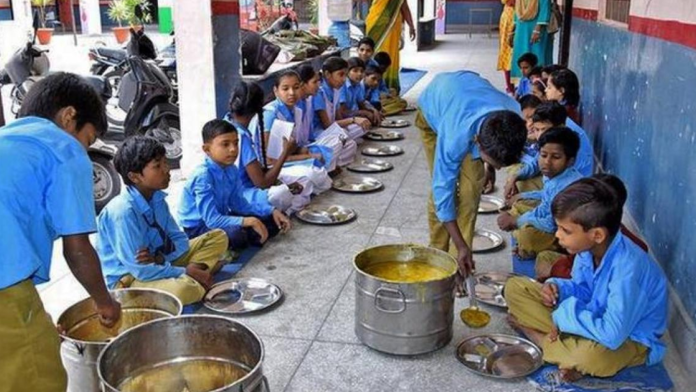Tuna is one of the most popular types of fish consumed all around the world. It is known for its mild taste and versatility in cooking, making it a popular ingredient in salads, sandwiches, sushi, and many other dishes. Besides its culinary uses, tuna is also incredibly nutritious and offers a range of health benefits, making it a great addition to any diet.
Every year on May 2nd, people around the world celebrate World Tuna Day. This day is dedicated to raising awareness about the importance of tuna and promoting sustainable fishing practices.
World Tuna Day was established by the United Nations in 2016 to recognize the significant economic and nutritional benefits of tuna. Tuna is a major source of food and income for many countries, particularly those in the Pacific and Indian Oceans. It also plays an important role in the global seafood trade.
On World Tuna Day, people are encouraged to learn more about tuna and its importance, as well as to support sustainable fishing practices. You can also celebrate by incorporating tuna into your meals, learning more about sustainable fishing practices, and supporting organizations that work to protect tuna populations and other marine life. In this article, we will explore the many health benefits of incorporating tuna into your diet.
Tuna offers several health benefits due to its nutrient-rich profile. Some of the most significant health benefits of tuna are discussed below.
- Heart Health:
Tuna is an excellent source of omega-3 fatty acids, which are known to promote heart health. Omega-3 fatty acids are beneficial for reducing inflammation in the body, lowering blood pressure, and decreasing the risk of heart disease. Studies have shown that consuming tuna regularly can help reduce the risk of heart disease and stroke.
- Brain Health:
Tuna is rich in docosahexaenoic acid (DHA), which is a type of omega-3 fatty acid that is essential for maintaining brain health. DHA plays a crucial role in brain development and function, and research has shown that consuming tuna regularly can improve cognitive function and reduce the risk of Alzheimer’s disease.
- Weight Loss:
Tuna is low in calories and high in protein, making it an excellent food for weight loss. A high-protein diet can help reduce appetite and increase feelings of fullness, which can lead to weight loss. Additionally, the omega-3 fatty acids in tuna can help reduce inflammation in the body, which is associated with obesity.
- Cancer Prevention:
Tuna is rich in antioxidants, which can help reduce the risk of cancer. Antioxidants protect the body from free radicals, which can cause damage to cells and lead to cancer. Additionally, the omega-3 fatty acids in tuna have been shown to reduce the risk of certain types of cancer, including breast and colon cancer.
- Eye Health:
Tuna is rich in vitamin A, which is essential for maintaining good eye health. Vitamin A plays a crucial role in maintaining the integrity of the eye’s surface, and a deficiency can lead to dry eyes and vision problems. Consuming tuna regularly can help ensure that you get enough vitamin A to maintain good eye health.
- Immune System Boost:
Tuna is a good source of zinc, which is essential for maintaining a healthy immune system. Zinc plays a crucial role in immune function and deficiency can lead to a weakened immune system and increased susceptibility to infections. Consuming tuna regularly can help ensure that you get enough zinc to maintain a healthy immune system.
- Bone health: Tuna is a good source of vitamin D, which is important for bone health. It can help prevent osteoporosis and other bone diseases.
- Muscle health: Tuna is high in protein, which is important for muscle health. It can help build and repair muscle tissue, and may also help prevent muscle loss as you age.
Incorporating tuna into your diet can bring numerous health benefits that can improve your overall well-being. From its high protein content to its abundance of essential nutrients and omega-3 fatty acids, tuna is a nutritious and delicious food choice that can help you maintain a healthy lifestyle.
Additionally, by celebrating World Tuna Day, we can raise awareness about the importance of sustainable fishing practices and protect the future of this valuable food source. So whether you enjoy it fresh or canned, make sure to add tuna to your diet and join the global celebration of this amazing fish.









